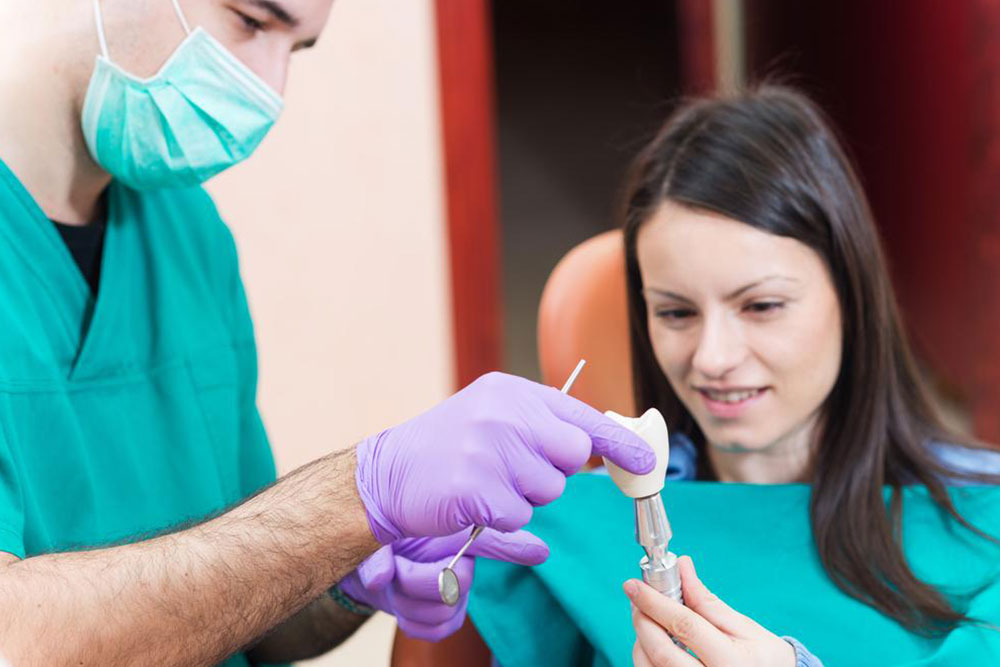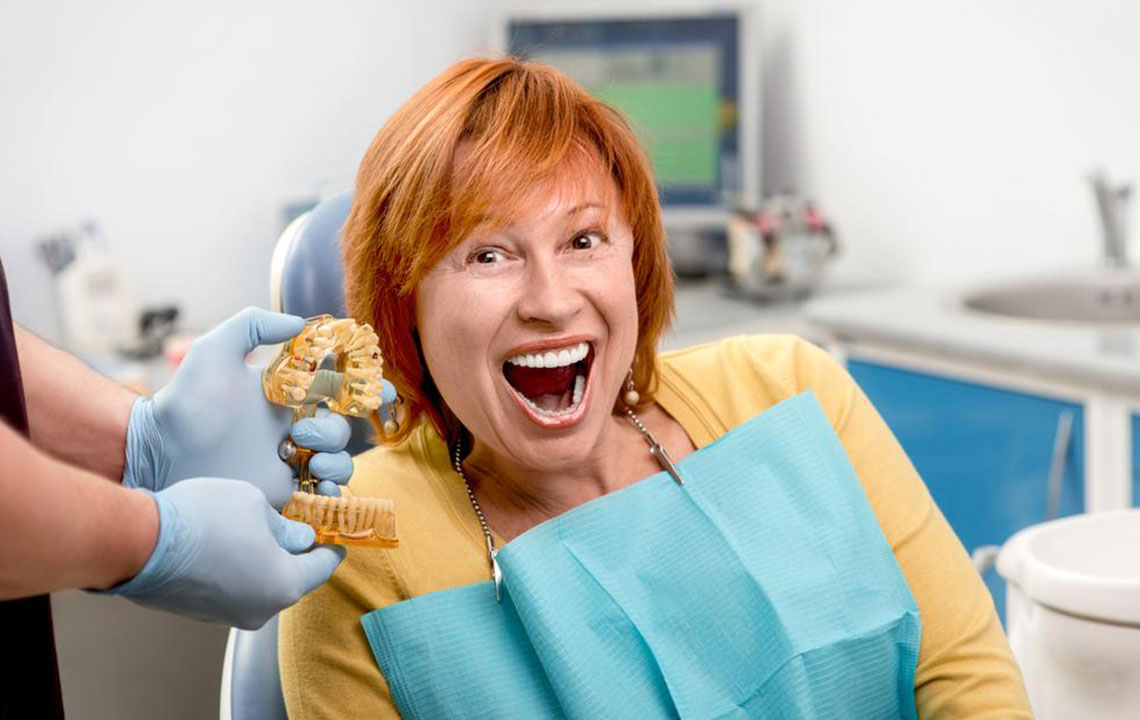Comprehensive Guide to Dental Implant Techniques
This article offers an in-depth overview of various dental implant procedures, including single tooth, multiple teeth, full-arch restorations, sinus lifts, and ridge reshaping. It highlights the purpose and process of each technique, helping patients understand their options for effective tooth replacement and oral health restoration.

Comprehensive Guide to Dental Implant Techniques
Dental implants are a popular solution for replacing missing teeth caused by injury or gum disease. These prosthetic roots are embedded into the jawbone to securely support dental crowns or bridges, restoring function and appearance.
Below are six prevalent types of dental implant procedures tailored to individual patient needs.
Single Tooth Implant
This basic method involves replacing a single missing tooth with one implant, one abutment, and a crown.
Temporary Bridge Placement
Microbridges and implants placed temporarily on the site of the permanent implant allow healing time before final restoration. Once healing completes, these temporary components are removed, completing the process and ensuring a functional, beautiful smile.
Multiple Tooth Implants
Ideal for patients with several missing teeth, these implants prevent the need for bridges or dentures, offering a durable and natural-feeling solution.
Complete Tooth Restoration
Used when all teeth are lost, this approach involves full-arch implants or implant-supported bridges to restore bite and aesthetics.
Maxillary Sinus Augmentation
When implant placement in the upper jaw is complicated by sinus proximity, sinus augmentation lifts the sinus membrane, creating space for and anchoring dental implants securely.
Ridge Reshaping
For patients with jawbone defects, ridge modification or grafting reconstructs the bone to provide a stable foundation for implants.
Important Notice:
The information provided here on symptoms, treatments, and health conditions is for informational purposes only. It should not replace professional medical advice. Always consult licensed healthcare providers for diagnosis and treatment options.










